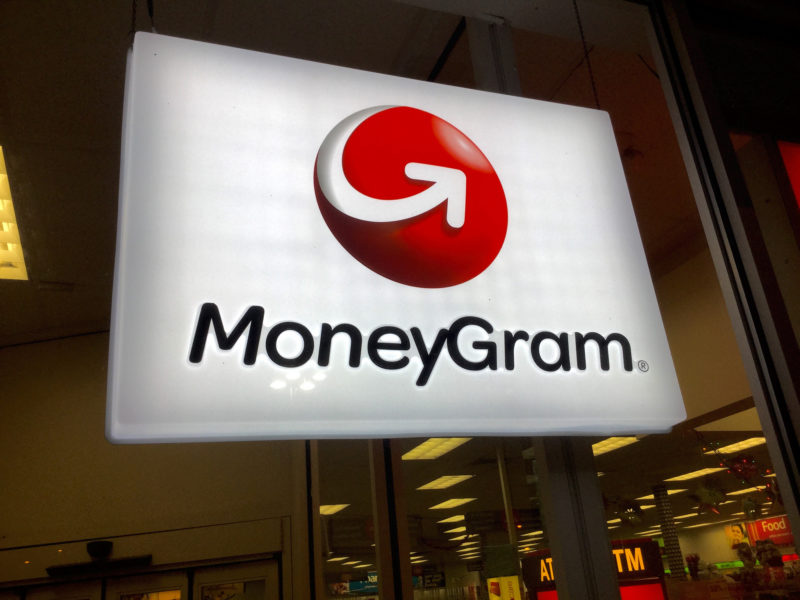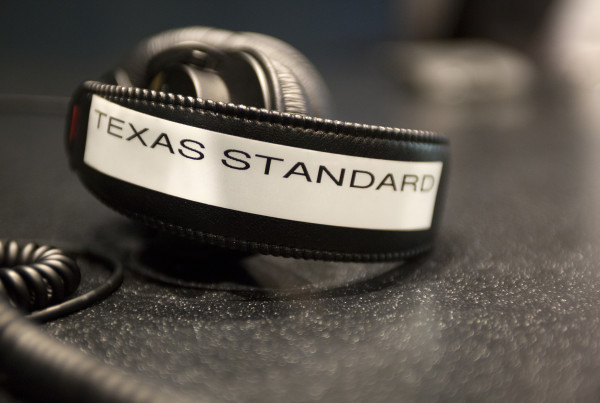MoneyGram has provided people with a way to wire money around the world since 1940. Many of the Dallas-based company’s customers are members of the U.S. military. Soon MoneyGram International Inc., will have a new owner – Zhejiang Ant Small and Micro Financial Services (ANT), a financial company owned by Chinese businessman Jack Ma. ANT provides services similar to MoneyGram in China.
David Bryant, a military veteran and a reporter for the Killeen Daily Herald, says the merger poses a potential security risk for the U.S., by increasing the likelihood that the Chinese government could gain access to soldiers’ financial information.
“About 15 percent of Jack Ma’s businesses are owned by the Chinese government,” Bryant says. “China is not always our best friend when it comes to the best interests of the United States. So the big concerns being raised is whether or not the Chinese government could go use this corporation to get into MoneyGram’s systems to get the information of soldiers.”
Bryant says that MoneyGram does not keep track of which accounts belong to soldiers. But based on the location of transactions – near military bases for example – Chinese officials could figure out the location and size of military installations in the U.S. Or they could recognize indications that a certain base has an increased or decreased military presence.
Some observers have also raised concerns that the Chinese government could acquire information about soldiers that are struggling financially. These soldiers could then be targeted with offers of large sums of money in exchange for confidential military information.
“If you can see that Private Joe Smith is getting money from his parents once a month, that’s showing that he definitely doesn’t have the money that he needs to keep all of his finances squared away,” Bryant says. “That’s a signal,”.
Bryant says that the likelihood of such a scenario is low but not impossible.
“A Marine security guard at an embassy overseas for example,” Bryant says. “That has happened before where they have been turned for financial reasons. Back in the1980s, I believe it was, there was one in Russia. It was a pretty big case. He was giving information out.”
MoneyGram executives say that ANT will not be involved in its business operations.
“They’re saying the servers are going to continue to stay on U.S. soil and MoneyGram is going to run pretty much the same way it was before,” Bryant says. “Even though ANT is going to own it, they’re just going to be making money off of it.”
Bryant says that the severity of the risk posed by the MoneyGram acquisition is still up for debate.
“Whenever you’ve got a military that doesn’t make a living wage compared to what they should be making nowadays, then there’s always that chance that somebody may decide that they need the money,” he says.
Written by Emma Whalen.















